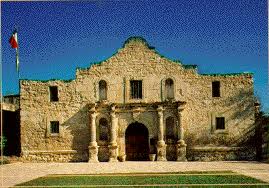Kerby Anderson wrote the following article.
Debate about Abraham Lincoln continues to this day. For some, he is the Great Emancipator, who helped end slavery, and a president that held the union together. To others, the 16th president was a man who suppressed dissent, was a law unto himself, and the reason for the vast expansion of the national government.
It is not surprising, therefore, that there has also been endless debate about Lincoln’s faith. Stephen Mansfield enters into this debate with his book, Lincoln’s Battle with God: A President’s Struggle with Faith and What it Meant for America. He was on my radio program recently to talk about his research and the book.
There are many phases to Lincoln’s spiritual life. At one point, while a young man in New Salem, Illinois, he was effectively the village atheist having read some of the rationalistic works of Tom Paine and the Enlightenment work, The Ruins of Empires. Buthe also read a book of Christian apologetics (The Christian Defense) by James D. Smith. He attended services at his church and spent hours discussing issues of faith with the pastor. Over time, Lincoln became convinced that God exists. He also became convinced that the principles in the Bible were true.
Abraham Lincoln faced a great deal of sadness. Beset with depression, he nearly committed suicide on a number of occasions. He lost two sons. One died at the age of three. The other died at the age of eleven while Lincoln was president and at time when the Civil War was at a low point. His wife (who probably was bipolar) was a difficult woman to live with. Through these trials, Mansfield argues, Lincoln relied on his Christian faith.
Of course, it is hard to number Lincoln among the saints. He never joined a church, and he tended to poke fun at religion and false piety. People in his day and secular historians today greet his religious statements with skepticism. Yet you cannot read his Second Inaugural Address without feeling that Lincoln did indeed possess genuine faith. I encourage you to read the book and learn more about the faith of Abraham Lincoln.


No comments:
Post a Comment